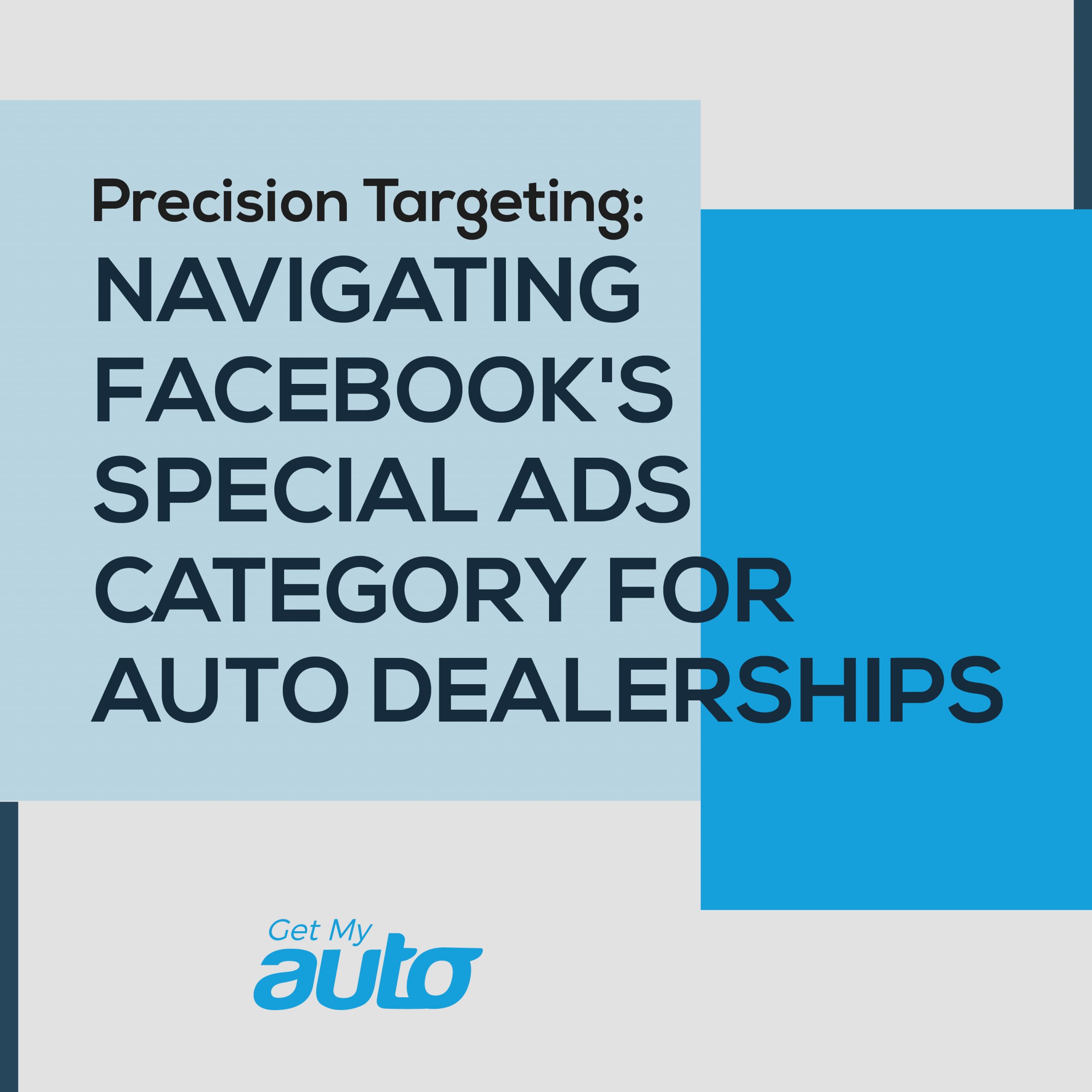In the age of digital transformation, advertising platforms are under constant scrutiny to ensure they promote fairness and inclusivity. Facebook, being a global leader in digital advertising, took a proactive step by introducing the "Special Ads Category." This move, while aimed at preventing potential discrimination in ads, has significantly impacted industries that rely on precise targeting, especially auto dealerships offering financing options. This guide aims to shed light on the intricacies of this category and how dealerships can navigate its challenges while capitalizing on its opportunities.
Background: The Genesis of the Special Ads Category
In response to concerns about discriminatory ad practices, Facebook rolled out the Special Ads Category. This initiative ensures that ads related to credit offers, housing opportunities, and employment don't inadvertently discriminate against specific groups based on sensitive criteria like age, gender, or zip code. For auto dealerships, which often offer financing options, this meant re-evaluating and adjusting their Facebook advertising strategies.
Implications for Auto Dealers
The ripple effects of this category are profound:
Demographic Restrictions: With age, gender, and zip code targeting no longer available, dealerships must rethink their audience segmentation strategies. This means moving away from micro-targeting to broader audience sets.
No Assumed Interest Targeting: Previously, predictive behaviors, like those "likely to buy a car," were invaluable. Now, dealerships must rely on more concrete indicators of interest, making ad placements more challenging but also more genuine.
Crafting Effective Strategies Within the Special Ads Category
Adapting to these changes requires innovation and strategic thinking:
Geo-Targeting: By focusing on larger areas, dealerships can cast a wider net, capturing potential buyers in neighboring cities or regions.
Expansive Demographic Targeting: While precise age targeting is restricted, dealerships can still segment based on broader age groups, ensuring they cater to all potential buyers within their target regions.
Direct Interest Leveraging: With assumed interests no longer available, dealerships must be more proactive in identifying and targeting users who've shown explicit interest in automotive topics, brands, or events.
The Silver Lining: Benefits of a Broader Approach
Every challenge presents an opportunity:
Untapped Market Segments: By broadening their targeting, dealerships might discover niche markets or demographics previously overlooked.
Enhanced Brand Image: Inclusivity is a strong brand message. By advertising broadly, dealerships send a message that they cater to everyone, enhancing their brand's appeal.
Budget Efficiency: Broader targeting can lead to higher ad impressions, giving dealerships more value for their ad spend.
Case Studies: Dealerships Thriving Within the Special Ads Category
Adapting to the Special Ads Category has led some dealerships to innovative solutions with impressive results:
A dealership in New York, by targeting the entire metropolitan area, saw not only a 15% increase in leads but also a more diverse customer base.
In California, a dealership shifted its focus to users who engaged with automotive events, leading to a 20% boost in conversions and a higher attendance at their on-site events.
Conclusion
The Special Ads Category, while initially perceived as a hurdle, has pushed auto dealerships to think outside the box, leading to innovative strategies and broader customer outreach. As digital advertising continues to evolve, it's the adaptable and forward-thinking dealerships that will not only survive but thrive in this dynamic landscape.
Share this article
Help others discover this content
